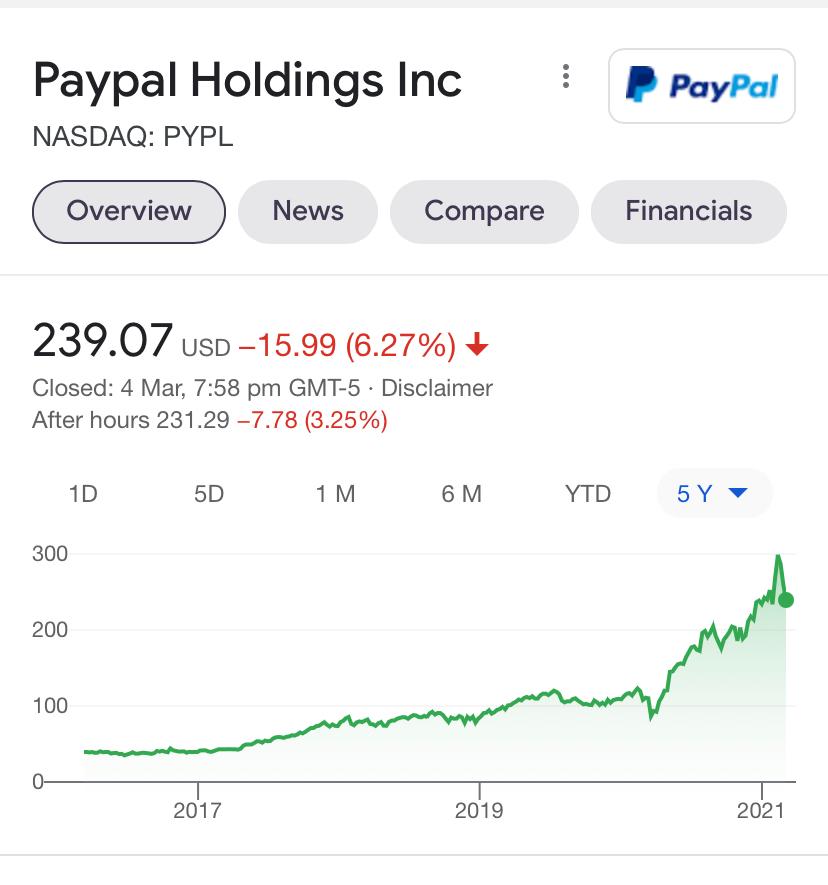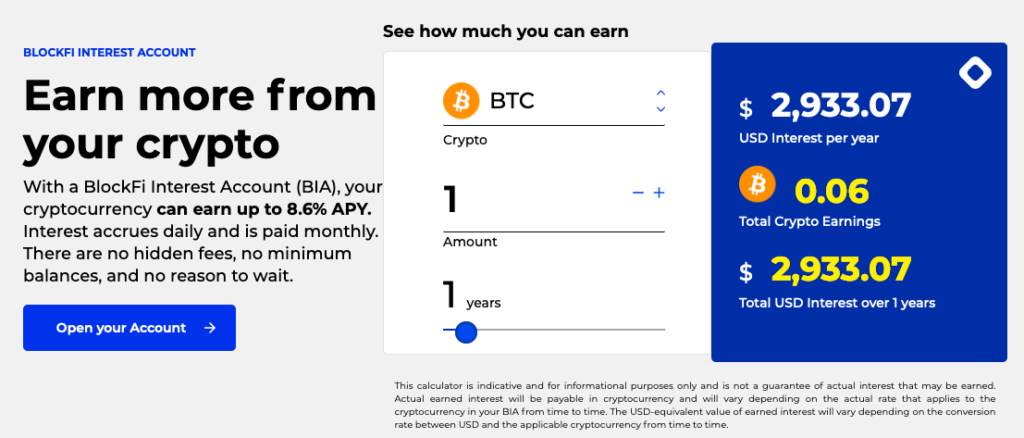Today: a story that exemplifies the mainstream attention bitcoin and cryptocurrency is now receiving
Here’s how it goes:
- ~ Founders of an asset management company start buying bitcoin
- ~ Clients notice, want to get into it as well ~ This gets to a point where they have to satisfy auditors and regulators
- ~ So they end up “building execution and custody tools from scratch and kicking off an entirely new line of revenue”
- ~ That gets spun into a whole new company
That company, New York Digital Investment Group (NYDIG) has now raised, independently, $100 million and manages custody of over 10,000 bitcoin for just its parent company – the asset manager. Its overall custody holdings are much larger.
This is in keeping with a trend we have explored in some recent posts – corporations and institutions increasingly parking their reserves in cryptocurrency. Turns out one company built a business around it & spun it off – three years ago!



